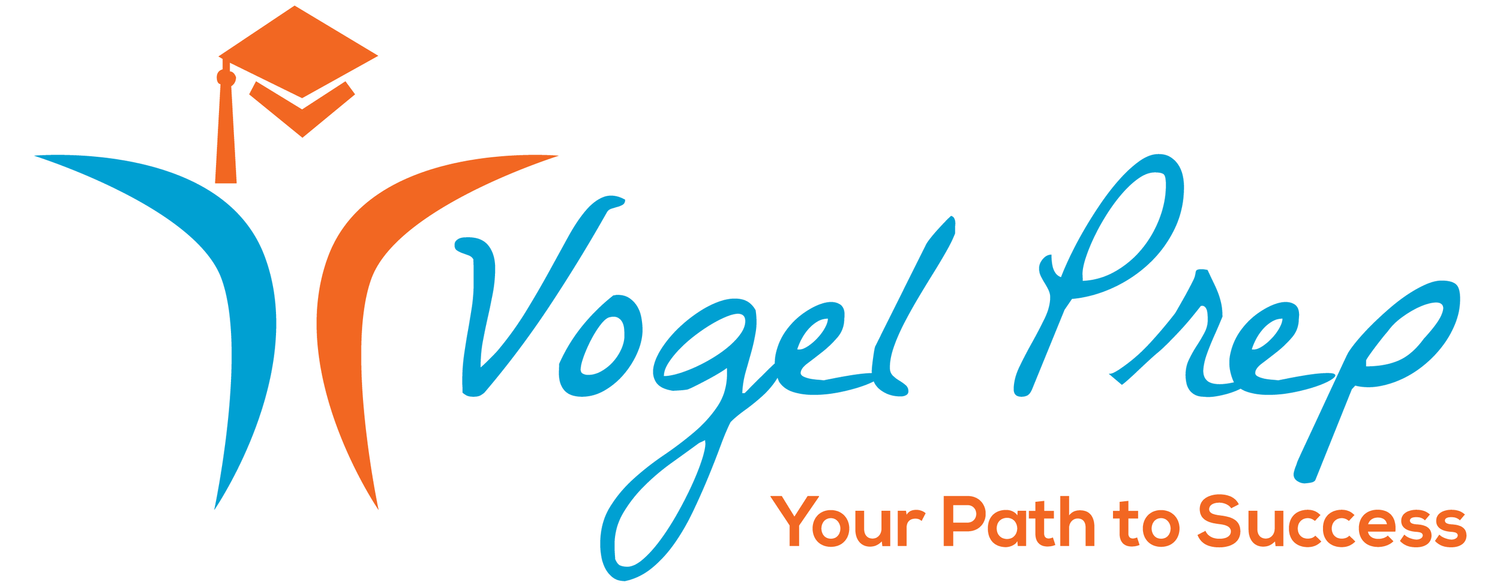At a time when our society is talking about self-driving cars, phones that use facial or voice recognition and students spending endless hours playing games with friends on the internet, we find that some students are not motivated enough to struggle with algebra. So, we have come up with some reasons why your students should embrace the study of algebra:
Have You Started Preparing for the January HSPT?
The HSPT is a challenging test even for grown-ups, and for many 8th graders it is the first timed test that counts in their scholastic career. For 2 hours and 30 minutes (150 minutes), students must answer 298 questions, or spend 30 seconds per question. Questions will be divided in five subtests of questions in the five-major areas of knowledge (Math, Reading, Language, Verbal Skills and Quantitative Skills) that 8th grade students should have been exposed to during their last 7.5 years of school.
Why Should We Learn Algebra? Practical examples during Covid
At a time when our society is talking about self-driving cars, phones that use facial or voice recognition and students spending endless hours playing games with friends on the internet, we find that some students are not motivated enough to struggle with algebra. So, we have come up with some reasons why your students should embrace the study of algebra:
A Simple, Powerful Cognitive Approach
Vogel Prep’s unique Cognitive Learning and Study Skills System. Designed to teach students how to be active learners rather than passive receivers of information, the program is simple, yet powerful. It starts with a MindPrint Assessment and is followed by personalized plan based on your student's profile.
SAT/ACT Decisions: Should I Complete “The Essay”?
Boot Camp: Get Ready, Get Set, Succeed
SAT Subject Tests: Five Tips
Subject Tests are one-hour tests that are designed to assess academic readiness for college. SAT Subject Tests focus on very specific subject areas such as Math (Level 1 or 2), Biology, Chemistry, Physics, Literature, United States History, World History, Spanish and more. While SAT Subject Tests are often seen as tests for only those applying for admission to elite universities, every student wanting to go to a four-year college could benefit by taking at least three SAT Subject Tests. Why? Because there is no downside and lots of upside.
Test Prep…Timing and Balance Matter!
Avoid cramming for any significant test it is advisable that students begin their test prep in earnest approximately 6-12 months ahead of their planned exam. For example, since most students will take the ACT or the SAT in their junior year, it’s beneficial to begin studying during the summer between 10th and 11th grade. Enlisting the services of an experienced test prep tutor the summer before your child’s junior year is an investment no parent will regret. By embarking on valuable test prep sessions long before the actual exam date, students feel less stress, and are therefore able to devote their full attention to the material being reviewed.
Nutrition Is Important Before an SAT or ACT
When it comes to prepping for the ACT or SAT, plenty of teachers and parents emphasize the importance of test prep, practice tests, and quality study habits. Though they’re certainly not wrong, it’s just as important to remember to treat your body right in preparation for high-pressure exams like the SAT or ACT. After all, your mind is an organ at home in your body, so proper nutrition goes a long way to boost your brain before the big day. How can students take advantage of the power of brain food?
New Year’s Resolutions for the College Bound Student
How has the ACT Changed? What Do You Need to Know?
Why Are Math Skills Essential?
“When will math come in handy?” When faced with tough algebraic concepts and geometry equations, many young learners ask this question. But the value of math extends far beyond the classroom. First consider that a well-rounded aptitude in mathematics is essential to scoring well on major exams, from AP tests to the SAT and ACT. What’s more, exceptional math skills are foundational skills to much of life outside of high school or college: opening a bank account, tracking expenses, excelling in many chosen career paths, and even an activity as basic as following a recipe.
With that in mind, mathematics must play a pivotal role in a child’s educational strategy, whether brushing up on basic skills or prepping for a school Math test, an SAT, ACT or SAT Math II Subject Test. Here are key ways that building math skills are essential to overall cognitive ability.
Students Can Overcome Math Anxiety
Here are 4 Reliable Ways
When it comes to math, some students draw a giant, agonizing blank when tasked with a set of homework equations, or worse, just before test time. If a student balks when faced with basic math computing challenges, then it’s far less likely that he or she will be equipped to tackle more complex concepts, let alone the math portions of the SAT or ACT.
That’s why at Vogel Prep we have assembled four memorable methods for grappling with math-based anxiety, so that when test time arrives, your student has the mental tools he or she needs to power through:
1. Always Be Prepared
This may seem like a no-brainer, but much of math-related anxiety is due to a lack of understanding of the subject matter. Because math allows little room for error, students often become overwhelmed with anxiety when approaching a problem. Perhaps the healthier alternative is to meet the material with confidence. Asking for clear illustrations during tutoring sessions—even when it seems redundant—is essential to combatting anxiety.
2. Master the Basics
Many math mistakes are either careless errors or lapses in foundational knowledge. Tackling multi-step equations becomes far less daunting when students recognize all the components and solve each problem piece-by-piece, applying a clear execution of basic math. Likewise, doubling down on basic math skills lessens the potential for silly calculation mistakes. Students can approach math with poise when they are confident in the tools at their disposal: basic mathematical dexterity.
3. Put Pencil to Paper
Whether tackling the SAT, ACT, or any other math test, anxiety tends to rear its head when students don’t know where to begin. That’s why it’s so beneficial when parents, tutors or teachers encourage students to write down their work by hand, including formulas, equations, and the known steps necessary to complete a math problem. By writing it all down, students take the burden off their mind to abstractly sort through processes and calculation work. This method also helps students stay organized and on task.
4. Develop a Personalized Strategy for Math Test Prep
Each student is unique, complete with his or her own learning style, goals, weaknesses, and strengths. A tailor made approach to math—whether prepping for the SAT, ACT, an SAT Subject Math Test or an AP Calculus exam, or otherwise—is a reliable way to combat anxiety and aid in overall test preparedness. Likewise, small group or one-on-one math tutoring can provide students the extra time and attention they need to alleviate academic anxiety. Extra face-time with a math tutor means more room for questions, strategizing, practice, and review.
At Vogel Prep, we offer a variety of tutoring services to help students overcome the number one stumbling block when it comes to success in math anxiety. Through one-on-one tutoring or small group classes, we equip students with core knowledge and academic strategies so that they can take on math with pride and self-assurance.
Vogel Prep serves students in the Phoenix area, including those from Scottsdale, Arcadia, Cave Creek, Paradise Valley and Fountain Hills, looking to improve their scores for PSAT, SAT and ACT, and much more. At our conveniently located tutoring center at 13951 N. Scottsdale Rd. Suite 211 in Scottsdale, Vogel Prep also provides academic advising services to students and their families.
Visit www.vogelprep.com, call 480-990-7374 or email info@vogelprep.com.













